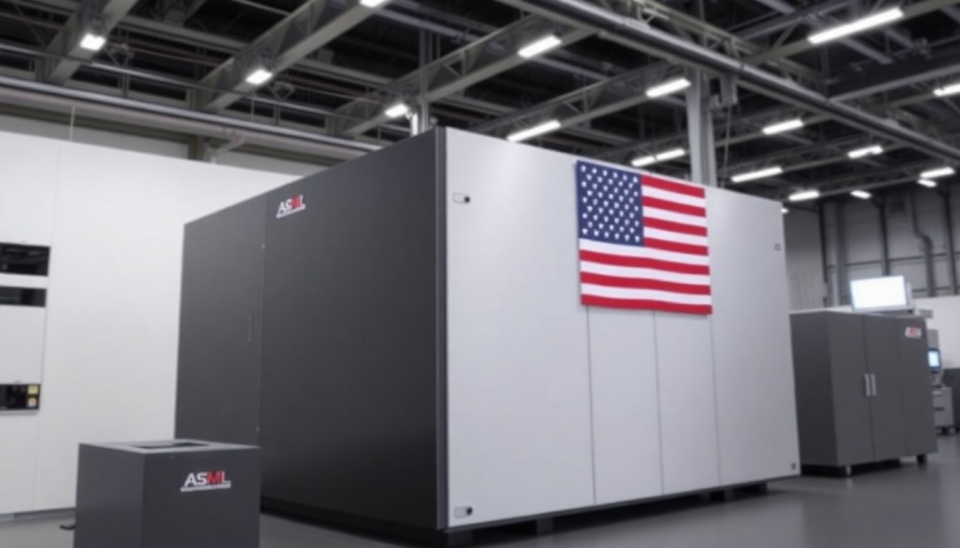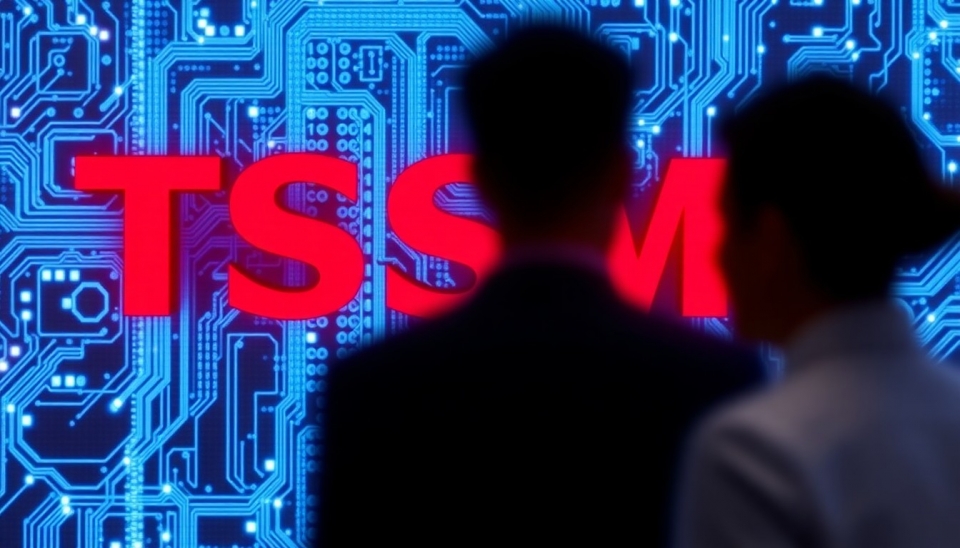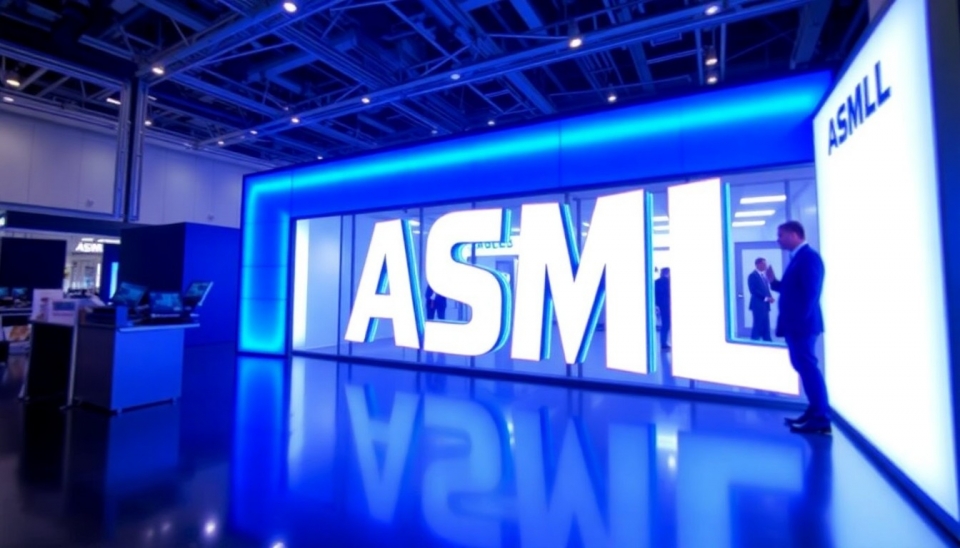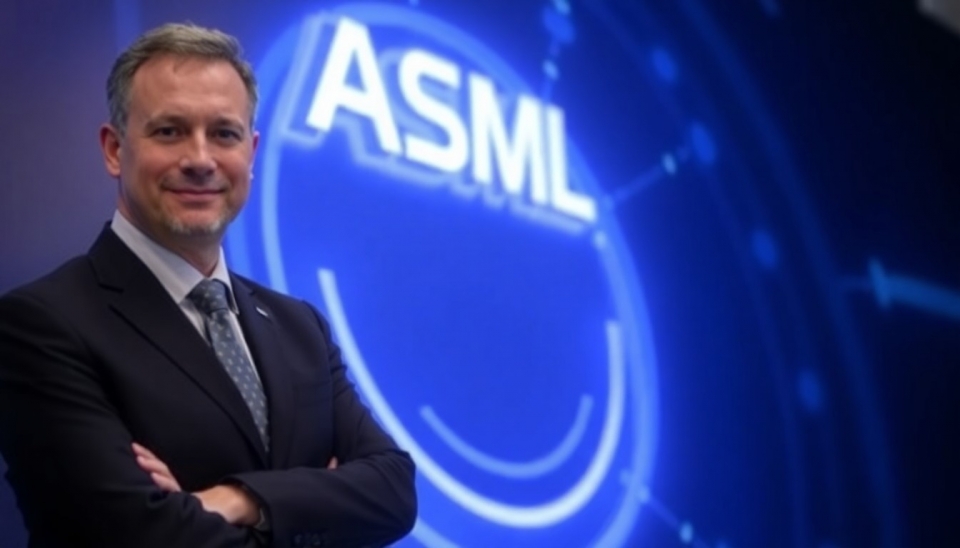
In a significant development for the global semiconductor industry, the Netherlands has announced its decision to align with U.S. export controls regarding certain advanced chip-making equipment. This move is particularly noteworthy as it involves restrictions on the technology developed by ASML, a leading Dutch manufacturer that plays a crucial role in the production of advanced semiconductors.
The alignment with U.S. policies is seen as part of a broader strategy to limit China's access to cutting-edge technology, which has raised national security concerns among Western nations. By cooperating with the United States in imposing these restrictions, the Dutch government is underlining its commitment to safeguarding the integrity of its technology exports.
This new regulatory framework will specifically target advanced photolithography machines, which are essential in the chip manufacturing process. ASML, known for its extreme ultraviolet (EUV) lithography tools, has been at the forefront of semiconductor technology. The latest export controls are aimed at restricting the company's ability to sell these sophisticated machines to Chinese firms, such as Huawei and SMIC, which are seen as potential risks in the context of military applications and espionage.
The U.S. has indicated that the latest measures are necessary to maintain a competitive advantage in the semiconductor industry and to prevent adversaries from gaining access to technologies that could be used to bolster military capabilities. Consequently, the Dutch government has found itself navigating a complex landscape, balancing its economic interests against geopolitical pressures.
The response from industry stakeholders has been mixed. While some supporters of the export controls argue that they are essential for national security, critics warn that such actions could negatively impact the global supply chain and ultimately hinder innovation. The semiconductor industry, which was already strained by recent supply chain issues, might face further disruptions as countries like China seek alternative solutions to circumvent these restrictions.
It remains to be seen how these export controls will affect ASML's business strategy and its relationships with clients around the world. The company has long maintained that its technology is pivotal in driving advancements across various sectors, from consumer electronics to automotive manufacturing.
As global technological competition heats up, the implications of the Netherlands’ decision may reverberate across international markets, potentially reshaping partnerships and alliances within the tech industry. With escalating tensions between the U.S. and China, it is apparent that the domain of advanced technology will continue to be a focal point of contention in international relations.
In summary, the Dutch government's alignment with U.S. export controls characterizes a decisive step in the ongoing struggle over the control of semiconductor technology and its strategic implications worldwide. Stakeholders in the semiconductor industry will closely monitor this situation as it unfolds, given its potential ramifications for innovation, competition, and economic stability across the globe.
#ASML #Semiconductors #ExportControls #US #Netherlands #China #Technology #Innovation
Author: Liam Carter




